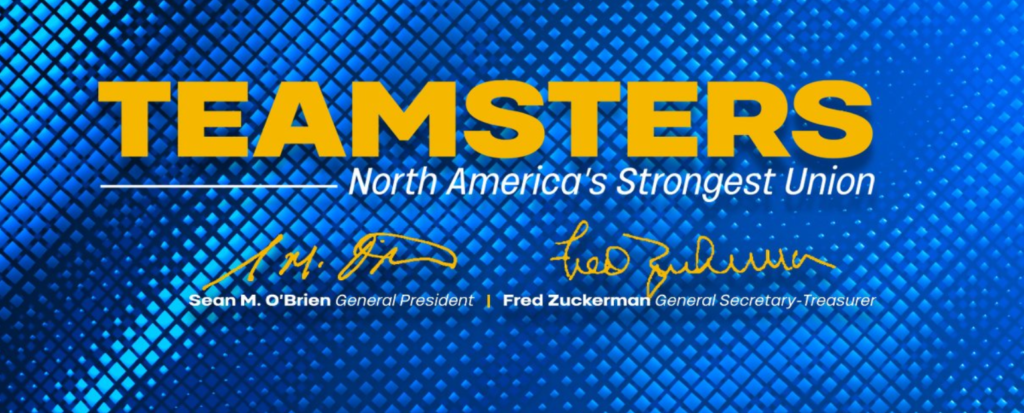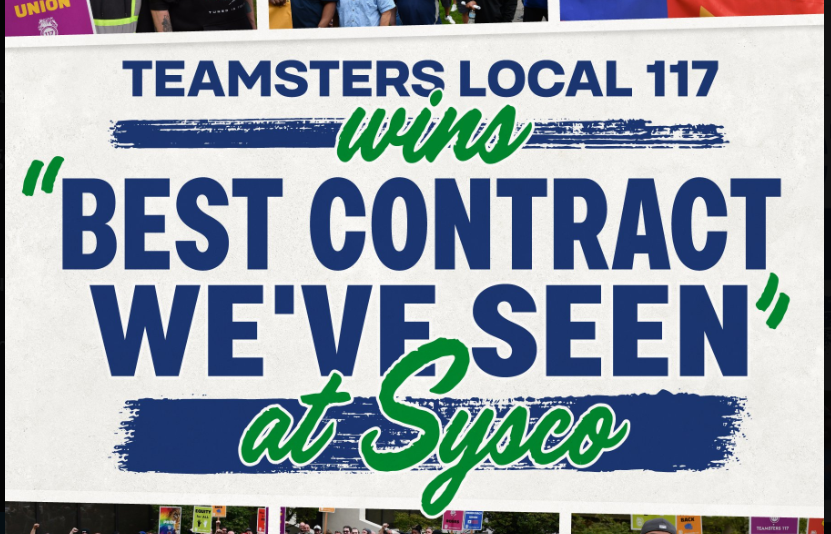The International Brotherhood of Teamsters, one of the most influential labor unions in the United States, has announced that it will not be endorsing any candidate in the upcoming U.S. presidential election. This decision marks a significant departure from tradition, as the union has historically backed Democratic candidates since 2000.

In a statement released on Wednesday, the union, which represents about 1.3 million members, said it would not support either Democratic Vice President Kamala Harris or former Republican President Donald Trump.
Sean O’Brien, General President of the Teamsters, expressed disappointment with both major candidates. He noted that despite extensive face-to-face meetings during unprecedented roundtable discussions, neither candidate made serious commitments to prioritize the interests of working people over big business.
This is the first time since 1996 that the Teamsters have refrained from endorsing a presidential candidate, a break from their 20-year-long support of Democratic nominees. This decision comes at a crucial time when both the Democratic and Republican parties are actively seeking the support of organized labor ahead of the November 5 election, which is anticipated to be a highly competitive race between Trump and Harris.
Polling conducted among Teamsters members revealed a preference for Trump over Harris by a margin of over 25%. However, there was no clear, widespread support for either candidate, leading to the decision not to endorse anyone.
The Trump campaign viewed the polling results as evidence that a significant majority of Teamsters members favored Trump’s return to the White House. Meanwhile, a spokesperson for Harris pointed to her consistent support for labor unions, highlighting her participation in labor strikes and endorsement by various local Teamsters groups.
Harris’s spokesperson, Lauren Hitt, emphasized that the Vice President has been a long-time advocate for organized labor, contrasting her approach with Trump’s stance. Hitt noted that Trump has suggested striking workers should be fired, whereas Harris has physically supported union workers on picket lines.
Historically, labor unions have been key supporters of the Democratic Party. While the Republican Party has recently made overtures to labor groups, its traditionally harder stance on workers’ rights has often led to skepticism from unions.

Although major U.S. labor unions, such as the United Auto Workers (UAW) and the AFL-CIO, have endorsed Harris, the Teamsters have taken a more independent stance. Sean O’Brien, the Teamsters president, even spoke at the Republican National Convention in July, a move that sparked mixed reactions among labor experts.
The union also sought a speaking opportunity at the Democratic National Convention in August but was reportedly denied. While the Teamsters have largely backed Democratic candidates over the last two decades, they have occasionally supported Republicans, such as Ronald Reagan in 1984.